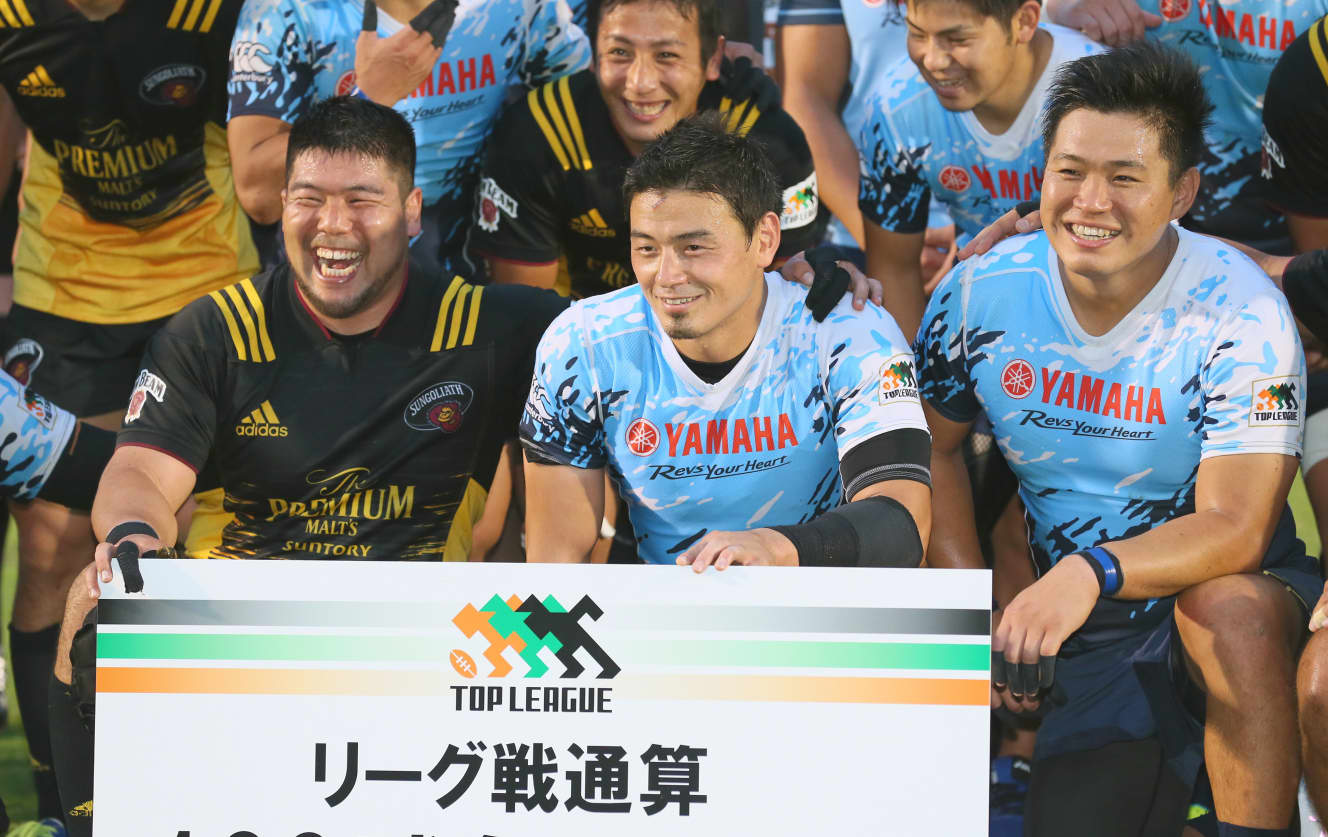39-year-old new commander of Waseda University rugby team talks about how to create an ideal team
The season opens with the Corona disaster. 39-year-old coach Tatsuhiko Otao

He has had a brilliant career at Saga Technical High School, Waseda University, and Yamaha Motor Jubilo, all of which are among the best in Japan. He has also been selected for the Japanese national team and has played in seven official international test matches. He is truly an elite of the elite.
However, he feels a little differently.
“At Saga Kogyo, 15 out of 20 of my classmates were beginners who started playing rugby in high school. At Waseda, too, if there were 20 members, no more than five would be recommended for sports. Anyway, the team practiced and practiced to get stronger. Of course, Yamaha is the same. So I don’t feel that I’ve always been on a strong team.
At Waseda, he won the university’s Japan championship in his junior year, but finished second in his senior year as captain. In 2009, six years after joining Yamaha, the company faced a crisis that nearly led to its closure in the wake of the Lehman shock. Tatsuhiko Otao, 39, the new coach of Yamaha, who took over the helm of his alma mater this spring, says, “I believe that all my experiences have made me who I am today, not just behind my back.
“If we had won in order, I might have been more successful as a player. If I had won in order, I might have been more successful as a player, but I don’t think I had what it takes to take on this kind of role (coach).
What is your impression of the current students? My impression of the current students is that they are serious, and in a good way, there was a gap between my expectations and theirs. On the other hand, we live in an age where everyone has easy access to the latest information, so even if you are a former top player with a lot of experience, students can easily see through your borrowed theories. That’s why, this spring, I started by clearing up the factors that led to the complete defeat by Tenri University in the final of last season’s University Championship, and then I started to get a sense of their growth through actual play.
When the coach changes, what the players expect is rugby,” he said. When the coach changes, what the players expect is rugby. I thought it would be better to let the players feel that they had grown through rugby first, so that their subsequent talks would resonate. After the spring season, I have a good feeling that the players have been convinced and are following me.
When it was announced that Yamaha would be downsizing due to deteriorating business conditions, he recalls, “I was so worried about it that I didn’t think I would have time to worry about it in the future. Training time and budgets were drastically cut, and many players left the team. Through these activities, his previous views on rugby and the organization changed drastically. The experience of overcoming such hardships and winning the Japan Championship for the first time in 2003, five seasons later, will be a valuable asset for him as a coach.
“Up until then, I had always been adding things up,” he said. Until then, I had always been an ‘additive’ coach, unifying the team and adding up the strengths of each individual to fight. But that’s only possible when you have all the things you need. What we had to do when we didn’t have everything was to “multiply” the power of everyone.
I dared the newcomers to make mistakes, knowing that they would fail, so that they would understand that ‘this is better. In this way, we increased the number of players who could think for themselves and entrusted them with roles. If you only have one direction, and leave the rest to each person, you can create something that goes beyond your own framework. Even though we were doing the same work, we were able to build a relationship of trust that was incomparable to the teamwork we had before.
Some of the members of the club reached the top of the national rankings in high school, while others came from unknown schools that were eliminated in the first round of the prefectural tournament. Some joined the club after years of wastage in order to play rugby at Waseda. Such an environment, which is extremely rare in top-level clubs, is the biggest attraction of the Waseda University Rugby Kickball Club, according to Coach Otao.
“This is what is really interesting about Waseda. I think this is what is really interesting about Waseda, and I don’t want it to change.
I’m looking forward to the start of the season on September 12. 39-year-old new coach, who knows both joys and sorrows, will lead the youngsters with various personalities.




From “FRIDAY” September 24, 2021 issue
Reporting and writing by: Mitsunobu Naoe
Born in Kumamoto City in 1975. After graduating from Kumamoto High School, he went on to graduate from the School of Commerce at Waseda University. He started playing rugby at Kumamoto High School and participated in the Hanazono Tournament in his junior year. He is currently working as a freelance reporter mainly for Rugby Magazine. He is the author of "Waseda Rugby: The Struggle for Evolution" (Kodansha).
Photographs: Kaori Matsumoto (1st) Afro
